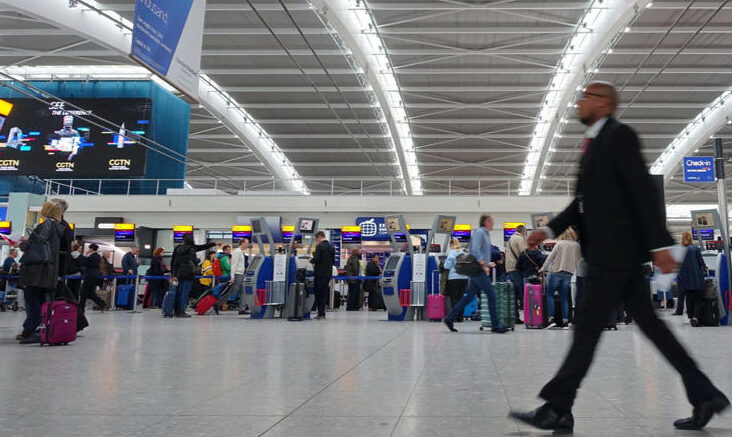Introduction:
The Treasury has introduced new measures that could lead to fines for banks failing to offer operational free cash machines, signaling a significant move towards ensuring accessible cash withdrawal options for the public.
Details of the Policy:
Under the fresh government guidelines, it is stipulated that in urban areas, free cash deposit and withdrawal points must be available within a radius of no more than one mile, while in rural regions, this distance is extended to three miles. These directives are designed to ensure that individuals, regardless of their geographical location, have accessible and functioning means of withdrawing cash.
Role of the Financial Conduct Authority (FCA):
The policy emphasizes that the Financial Conduct Authority (FCA) will play a pivotal role in maintaining the prescribed coverage of accessible cash points. This stance acknowledges the potential evolution of needs over time, requiring the FCA to oversee the implementation and adherence to these accessibility standards.
Potential Penalties for Non-Compliance:
Banks and building societies that fail to provide operational and free cash machines could face financial penalties imposed by the financial services watchdog. This underscores the government’s commitment to holding financial institutions accountable for offering reliable cash withdrawal services to the public.
Views from Treasury Economic Secretary Andrew Griffith:
In light of the ongoing shift away from physical coins and notes, Treasury Economic Secretary Andrew Griffith emphasized that cash retains its significance in the financial landscape. Griffith acknowledged that, despite the changing financial ecosystem, accessible cash points remain vital, particularly for individuals in rural areas, the elderly, and those with disabilities.
Addressing Cash Access Challenges:
The policy additionally addresses concerns about the emergence of ‘cash deserts’—areas devoid of accessible cash points. However, it is important to note that while the policy aims to ensure cash access, it is unlikely to halt the broader trend of branch closures as society transitions towards a cashless future.
Ensuring Smooth Transactions:
Mr. Griffith articulated that individuals should not be burdened by lengthy journeys to withdraw small amounts of cash for day-to-day needs, nor should businesses struggle to access nearby deposit facilities. The policy stands to benefit a wide range of cash users, particularly those residing in rural locales or facing physical limitations.
Replacement Measures for Removed Facilities:
The new policy highlights the importance of continuity in cash access services. In cases where a cashpoint or similar facility is removed, provisions are made for the timely installation of replacement options, ensuring that individuals can continue to access their funds conveniently.
Power of the FCA in Protecting Cash Access:
With the implementation of the policy, the FCA gains authority to safeguard the provision of cash access services, ensuring that individuals holding personal current accounts can withdraw cash without incurring fees.
Support from Cashpoint Network Link:
John Howells, the CEO of Cashpoint Network Link, welcomed the government’s proactive stance. Highlighting Link’s commitment to providing free cash access in high streets, Howells praised the policy for facilitating both consumer and business cash transactions in major towns.
Conclusion:
The newly introduced policy reflects a strategic move towards maintaining accessible and functional cash withdrawal options across diverse regions. While embracing the shift towards a cashless society, these measures underscore the government’s dedication to upholding individuals’ ability to access cash conveniently, irrespective of their geographical location.









